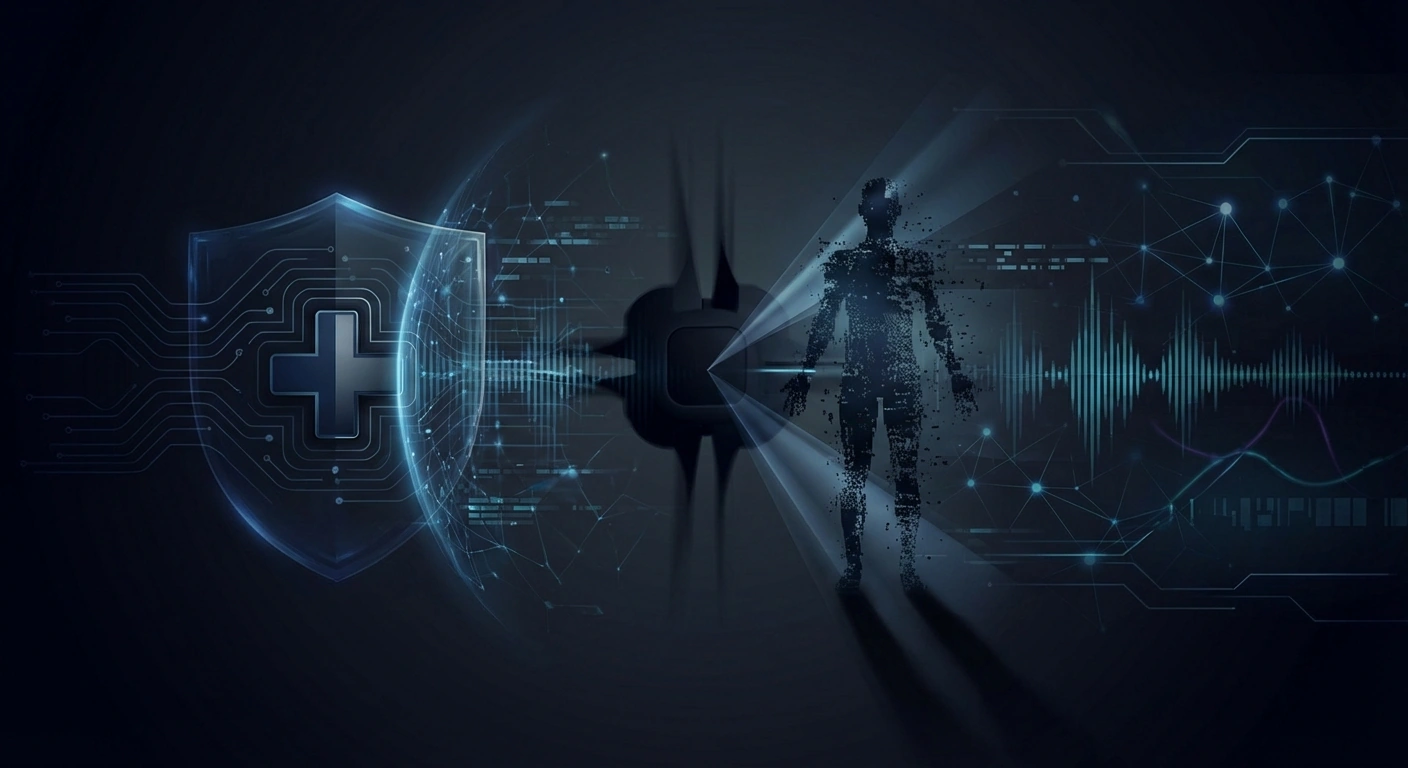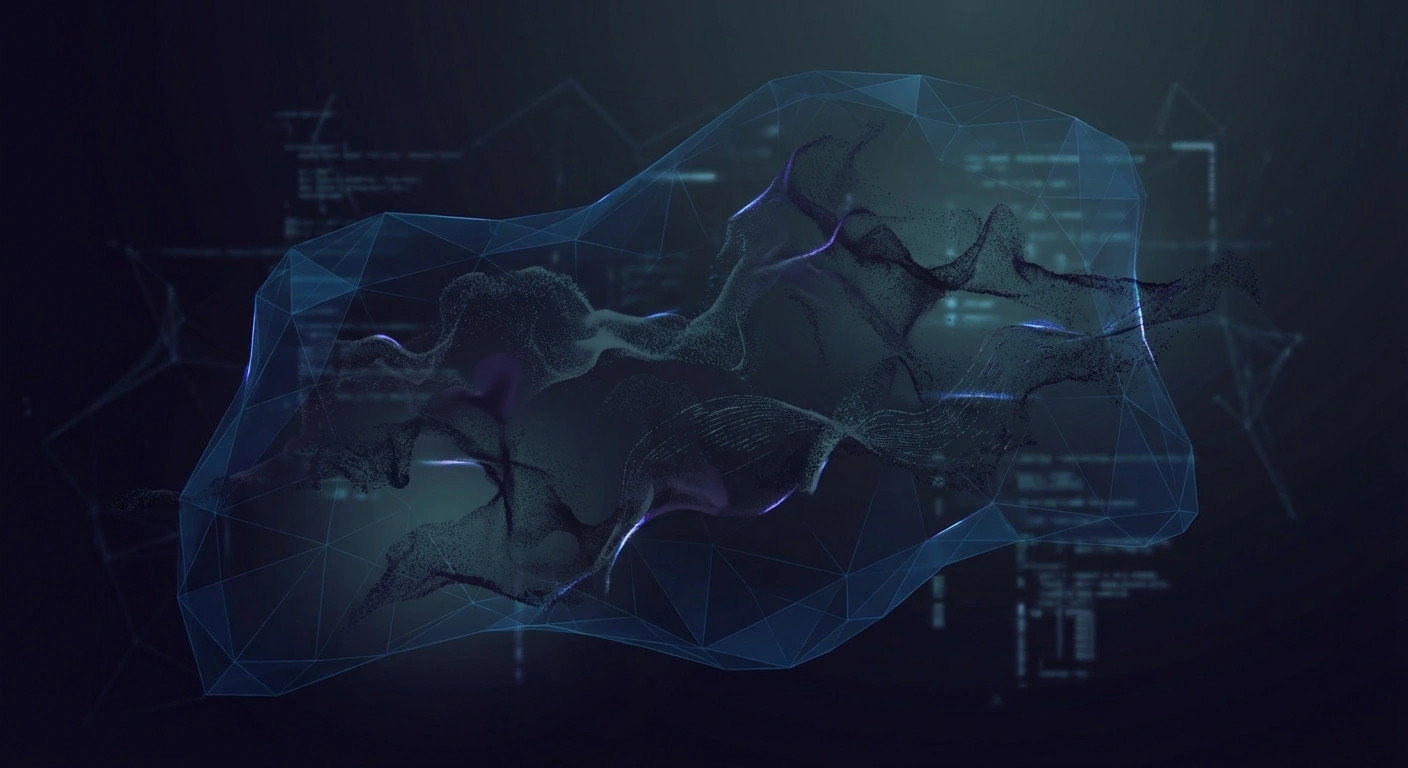Universal AI Agents: The Next Evolution in Task Automation
New research explores AI agents as universal task solvers, with implications for automated content creation, verification, and synthetic media workflows.

The landscape of artificial intelligence is witnessing a paradigm shift as researchers explore the potential of AI agents to become universal task solvers. This development, detailed in a new paper from arXiv, has profound implications for the future of synthetic media generation, deepfake detection, and digital content authentication.
Beyond Specialized Systems
Traditional AI systems have excelled in narrow domains—language models generate text, diffusion models create images, and specialized networks detect deepfakes. However, the concept of universal task-solving agents represents a fundamental departure from this specialized approach. These agents aim to tackle diverse problems across multiple domains without being explicitly programmed for each specific task.
For the synthetic media ecosystem, this evolution could mean AI agents that seamlessly transition between creating photorealistic videos, authenticating digital content, and detecting manipulation attempts—all within a unified framework. Imagine an agent that not only generates high-quality synthetic media but also embeds cryptographic signatures for authenticity verification and can later analyze content for signs of tampering.
Implications for Content Creation Workflows
Universal task-solving agents could revolutionize how we approach synthetic media production. Rather than chaining together multiple specialized tools—one for script writing, another for scene generation, and yet another for video synthesis—a single agent could orchestrate the entire creative pipeline. This integration would enable more sophisticated content generation with built-in consistency checks and quality assurance.
The research suggests these agents could adapt their problem-solving strategies based on the task at hand. When generating a deepfake video, the agent might leverage generative adversarial networks, but when tasked with detecting synthetic content, it could dynamically shift to forensic analysis techniques. This flexibility represents a significant advancement over current approaches that require separate models for creation and detection.
Advancing Digital Authenticity Infrastructure
As synthetic media becomes increasingly sophisticated, the arms race between content generators and detectors intensifies. Universal AI agents could serve as comprehensive guardians of digital authenticity, combining multiple verification strategies into cohesive systems. These agents might simultaneously analyze pixel-level artifacts, temporal inconsistencies, and semantic anomalies while cross-referencing blockchain-based provenance records.
The universal nature of these agents also suggests they could adapt to emerging threats without complete retraining. As new deepfake techniques emerge, agents could potentially identify and counter them through reasoning and pattern recognition, rather than requiring extensive dataset collection and model updates.
Technical Architecture and Training Paradigms
Building universal task-solving agents requires rethinking fundamental AI architectures. Current approaches often involve massive transformer models trained on diverse datasets, but true universality demands more than scale. These agents need mechanisms for task identification, strategy selection, and performance evaluation across vastly different domains.
The training paradigm for such agents likely involves meta-learning approaches, where the system learns how to learn new tasks efficiently. This could involve synthetic data generation at unprecedented scales, with agents creating their own training scenarios to improve performance on tasks they haven't explicitly encountered before.
Future Trajectory
The development of universal AI agents will likely accelerate advances in synthetic media technology. As these systems become more capable, we can expect to see integrated platforms that handle entire content lifecycles—from ideation and creation through distribution and verification. This consolidation could democratize access to sophisticated content generation while simultaneously strengthening our ability to maintain digital authenticity.
The research into universal task solvers represents more than incremental progress; it signals a fundamental shift in how we conceive of AI capabilities. For the synthetic media industry, this evolution promises both unprecedented creative possibilities and robust solutions to the challenges of digital trust in an age of artificial content.
Stay informed on AI video and digital authenticity. Follow Skrew AI News.



